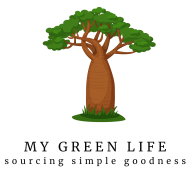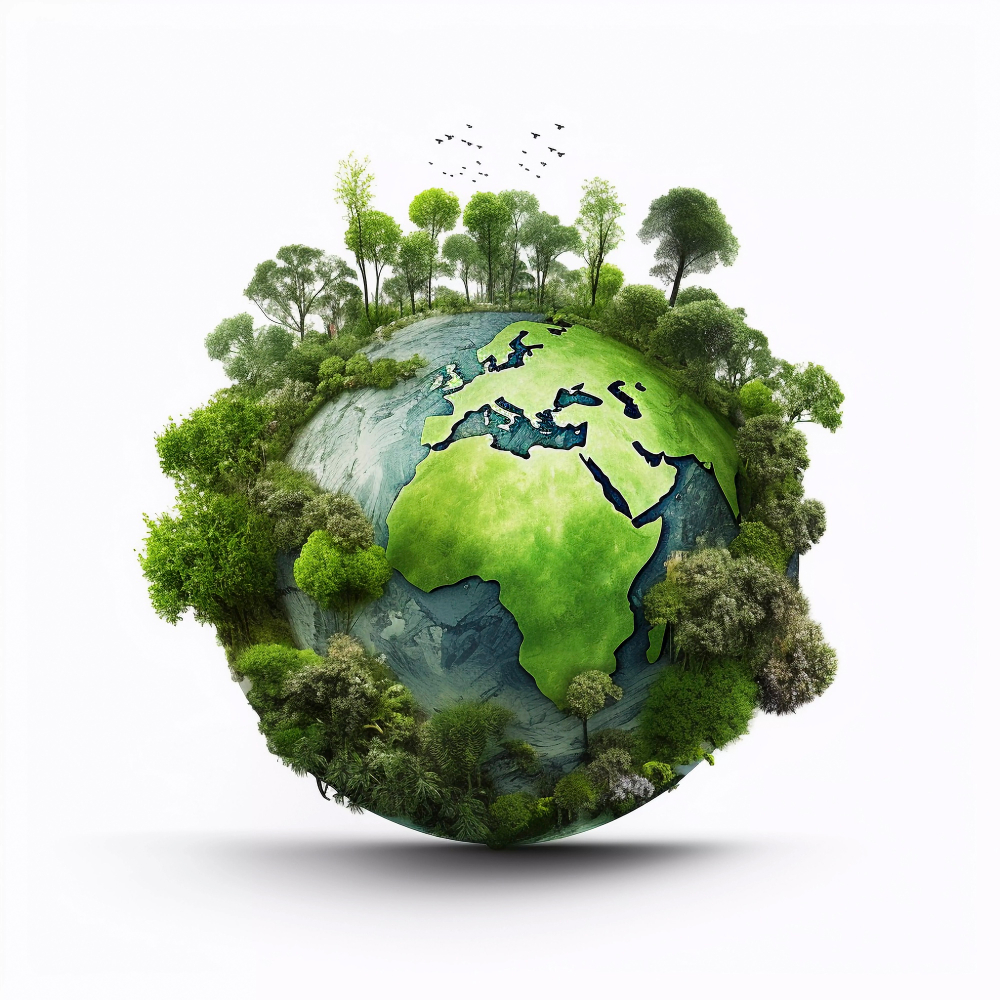WORLD WILDLIFE DAY
From Awareness to Action: How Everyday Decisions Can Save Wildlife World Wildlife Day, celebrated on 3 March every year, is a reminder of how important it is to protect our planet’s diverse species and their habitats. It’s not only about saving animals but also preserving ecosystems that we all depend on for resources e.g. food, […]
From Awareness to Action: How Everyday Decisions Can Save Wildlife
World Wildlife Day, celebrated on 3 March every year, is a reminder of how important it is to protect our planet’s diverse species and their habitats. It’s not only about saving animals but also preserving ecosystems that we all depend on for resources e.g. food, and even climate regulation.
Whether it’s through reducing waste, adopting sustainable habits, or educating others about wildlife, every action counts.
There are incredibly impactful choices we can all make to support wildlife and protect natural habitats, for example by being mindful of the products we buy, we can help curb activities that are harmful to ecosystems and species.
We can make a difference by supporting sustainable palm oil and certified wood products by holding companies accountable for sourcing these materials responsibly, which in turn helps protect rain forests and other critical habitats from being destroyed.
These actions are vital in protecting wildlife and preventing the exploitation of endangered species. By purchasing items made from endangered species, like ivory or fur, directly impacts the illegal wildlife trade, which has devastating consequences for ecosystems and biodiversity. By avoiding these products, we’re reducing demand and sending a message that wildlife exploitation is unacceptable. It is another way of ensuring the protection and conservation of wildlife. Encourage others to make these sustainable choices too.
Make that eco-friendly switch today!
Ethical wildlife tourism not only helps support conservation efforts, but it also ensures that animals are treated with respect and dignity. Many wildlife sanctuaries and eco-tourism businesses focus on preserving natural habitats and provide opportunities for visitors to learn about wildlife without exploiting them. It’s important to seek out these experiences, as they contribute directly to conservation and promote responsible wildlife interactions whereas wildlife attractions that involve unnatural interactions, like holding exotic animals, taking photos with tigers, or animal performances, often involve cruel treatment and can lead to long-term harm for the animals involved.
It is essential to follow all the rules and guidelines when in National Parks and Reserves. This includes staying on designated paths, avoid disturbing wildlife, do not feed animals, and respecting the park’s ecosystem. This help ensure that the animals’ natural behaviour isn’t disrupted and that their habitats remain intact for future generations.
Climate change too is one of the biggest threats to wildlife today. From rising temperatures to shifting weather patterns, animals are facing more challenges than ever before. By taking steps to reduce our carbon footprint, we’re not just helping the planet; we’re also helping protect species that depend on stable environments.
By reducing energy consumption, recycling, and supporting clean energy initiatives are effective ways to lower emissions and reduce climate impact.
Encouraging others in your community is important, and all it takes is sharing information or demonstrating simple actions people can take to shift their habits.









 EN
EN
